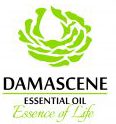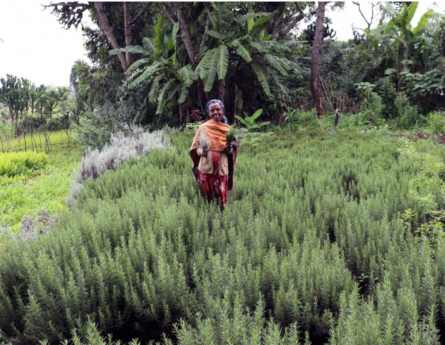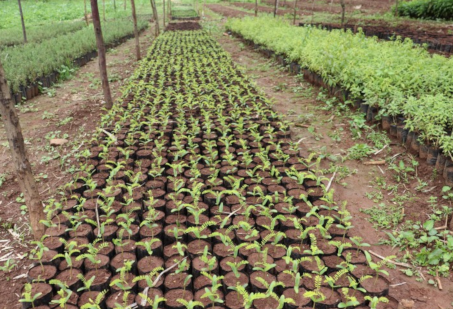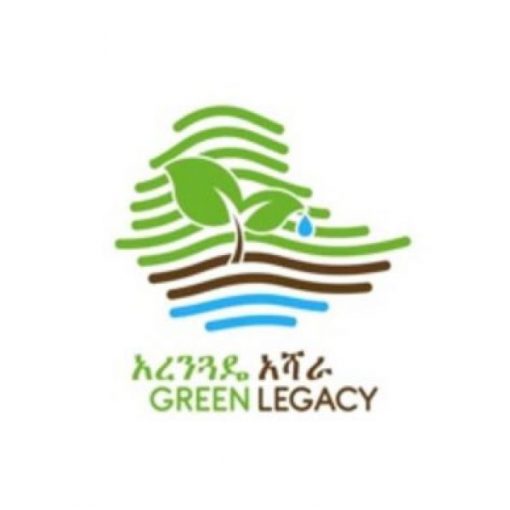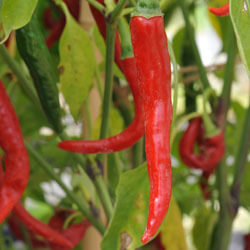Source: 2Scale Revolutionizing the spices and herbs sector in southwest Ethiopia
Since time immemorial, herbs and spices have been used to flavor food, as natural food preservatives, and even for medicinal purposes. In addition, due to their rich aroma, communities also use them as a source of essential oils, as incense, or in the manufacture of perfumes. Such diversities in the use of these plants give them a huge potential for commercialization.
In Kaffa, southwest Ethiopia, the rich climatic conditions make this region conducive for among other crops, spices, and herbs cultivation. History has it that this is the birthplace of coffee. A visit to Kaffa provides evidence that this is a rich plant species region, mainly due to the distinct earthy aromatic atmosphere and variety of plantations. However, despite the huge potential for the area to commercialize herbs and spices, they are mainly produced primarily for household consumption by women in their backyards.
The female-led Damascene-2SCALE partnership is empowering women & youth to commercialize spice and herb production. Under the leadership of the Managing Director-Ms. Rahel Heruy- Damascene Essential Oil Processing Company is targeting to build its capacity as an emerging leader in the spice and herb industry. In addition, it is diversifying and expanding its range of products with the processing of commonly consumed spices for household consumption and international markets. To achieve this, the partnership aims to scale up the number of spice/herbs producers who are directly linked to Damascene while at the same time diversifying the varieties and quantities they produce.
In the past, women planted herbs and spices on their backyards, mainly for home consumption. This is despite the huge potential on the economic opportunities available through their commercialization. In Kaffa region, shortage of land is often not a major problem at a household level and on average, half a hectare of land is designated for backyard farming. Through the partnership with 2SCALE, we are empowering women to upgrade the quality and quantity of herbs and spices produced. We have diversified the varieties produced and conducted trainings on seedling multiplication. In addition, we have introduced a system where the women can access these seedlings on credit and repay during harvesting season.
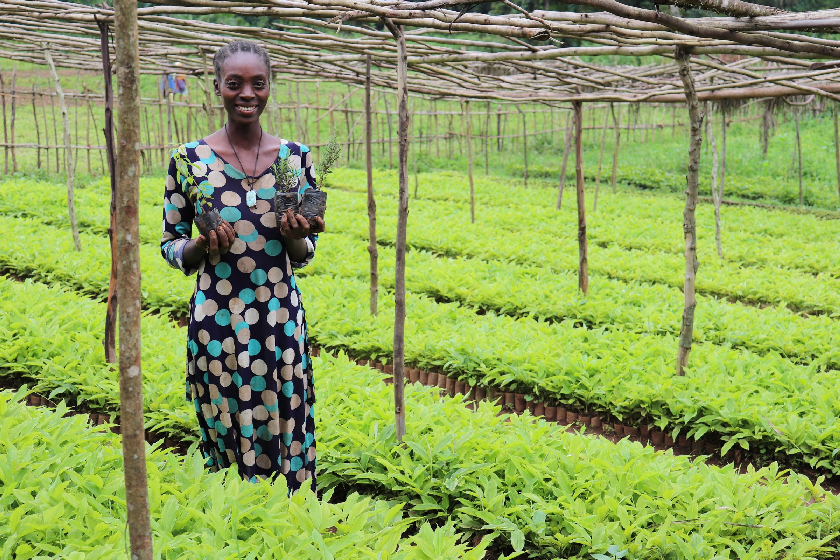
Empowering rural women through spices and herbs production
For women engaged in this partnership, commercial spice production has become a source of livelihood. They produce herbs and spices such as rosemary, thyme, ginger, turmeric, cardamom, pepper, basil, bay leaf, celery seed, rue, lemongrass, oregano, parsley, sage, and more. What they perceived as backyard farms to produce vegetables, herbs, and spices for household use have proved more beneficial.
For many years, 43-year-old Worknesh Wisenbet has farmed rosemary and rue on her half a hectare backyard farm, solely for household consumption. However, through the Damascene-2SCALE partnership, she started commercial farming and diversified production. She recounts:
My husband and I used to farm rosemary and rue for home use. At times, we produced in surplus, and not knowing what to do with the excess, we could dispose it on our farm to make manure. However, thanks to Damascene, this has changed. We gained skills and knowledge on commercial spices and herbs production, and this changed our perception. Currently, we have planted basil, ginger, rue, turmeric, lavender, lemon verbena, rosemary, and koseret. In 2020, we saved some of the profit from the sales of our produce while we used the rest to buy furniture and a water tank to collect rainwater. We are happy to reap the benefits from these crops and even most importantly, to learn about the nutritional and economic benefits.
Healing the environment through spices& herbs production
A distinctive feature of the backyard farms is that they are on sloping land, and mostly bare, without crops, making them prone to soil erosion. Beyond improving livelihoods, cultivating herbs and spices on such land has contributed to the protection of the environment and sustainable utilization of natural resources.
One of the women, 30-year-old Meseret Achimachew narrates:
We have half a hectare of backyard farm. The land is very slopy and for this reason, my husband and I didn’t know what to farm on such land. We only planted some herbs and spices on a small portion of the land while the rest was left bare. During the rainy seasons, we experienced a lot of soil erosion but didn’t know how to prevent it. However, through Damascene, we came to learn that planting herbs and spices on this land can bring us income, while at the same time prevent soil erosion and have a tremendous effect on our land.
With the support of Damascene and 2SCALE, she planted rosemary, ginger, turmeric, lavender, cardamon, lemon verbena, and Koseret.
We no longer experience erosion on our land, and in addition, during the last year, we made a profit of ETB 10, 400 ($225) from our sales to Damascene and the local market. We saved some of the money at the local cooperative while the rest was used for upkeep and to purchase poultry.
Currently, more than 3000 female herbs and spice producers are directly linked to Damascene Essential Oil Company. By 2023, the partnership aims to scale up this number to 5,000.
